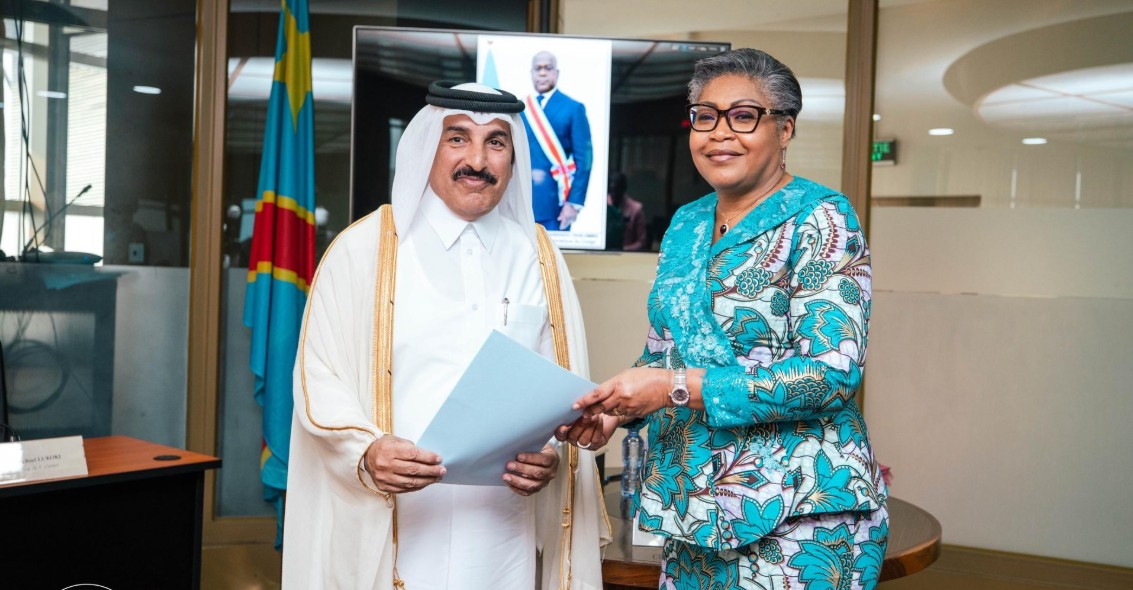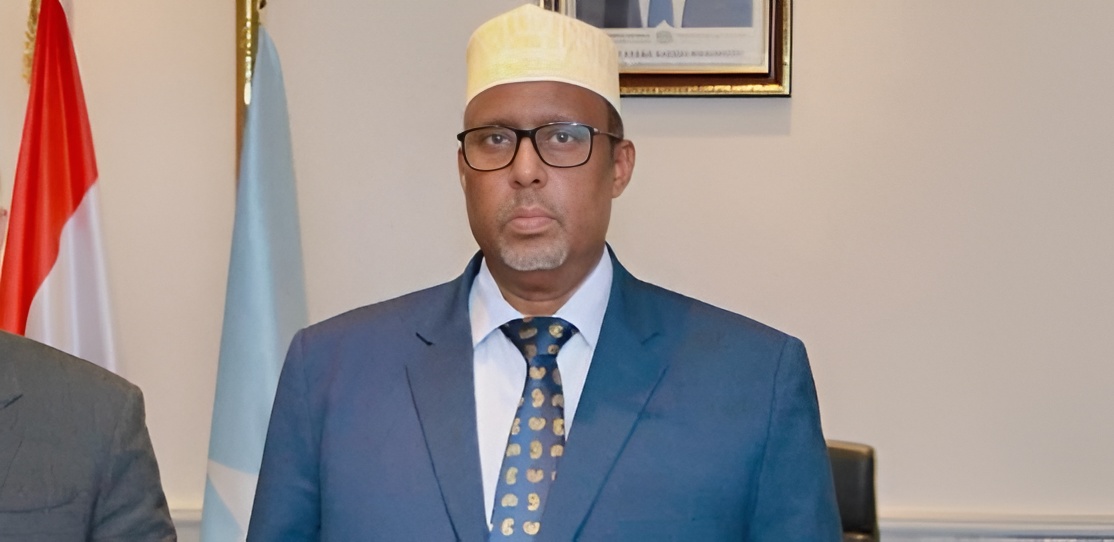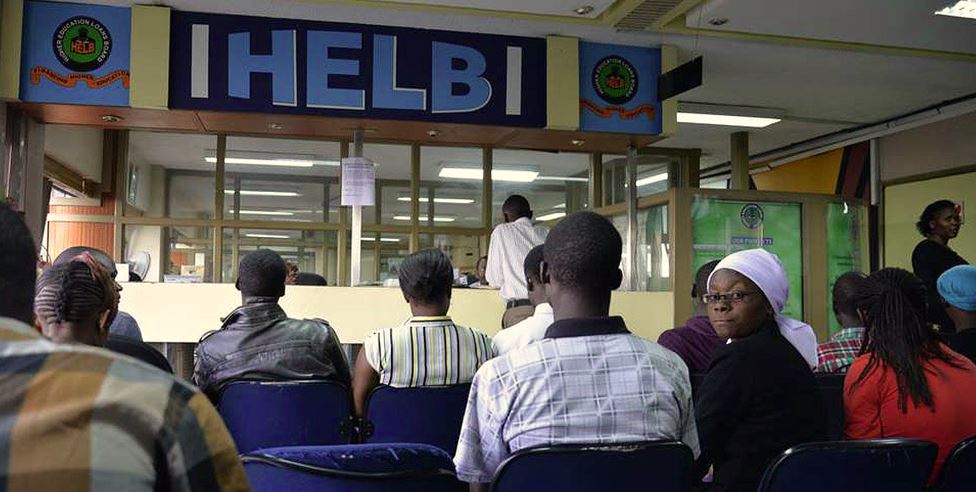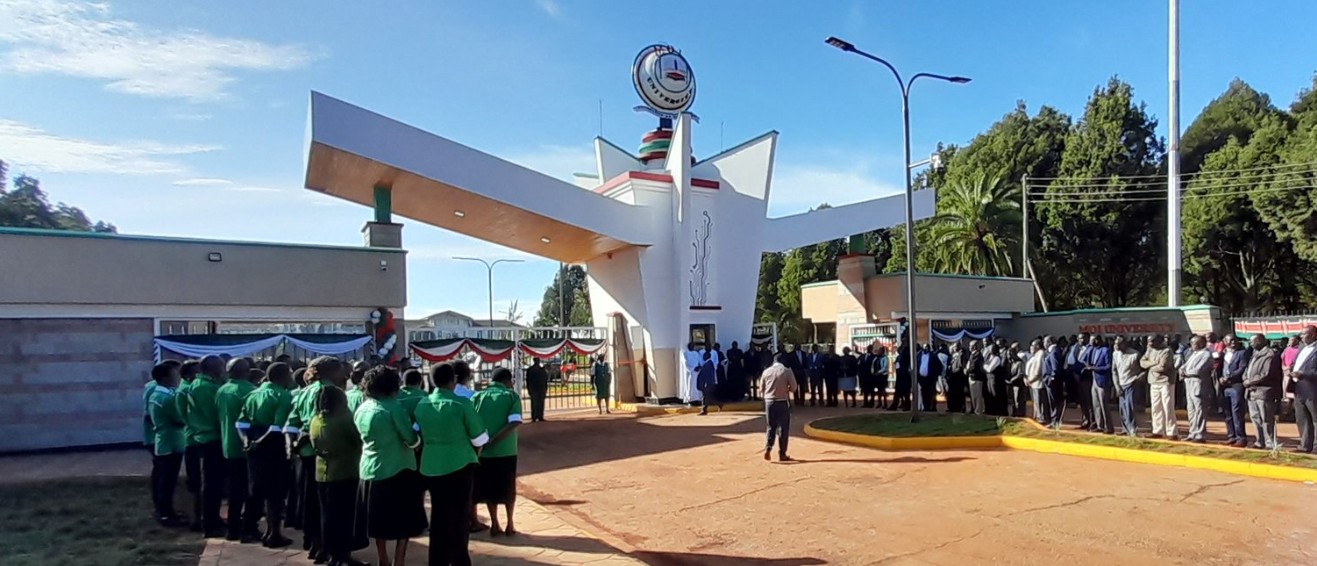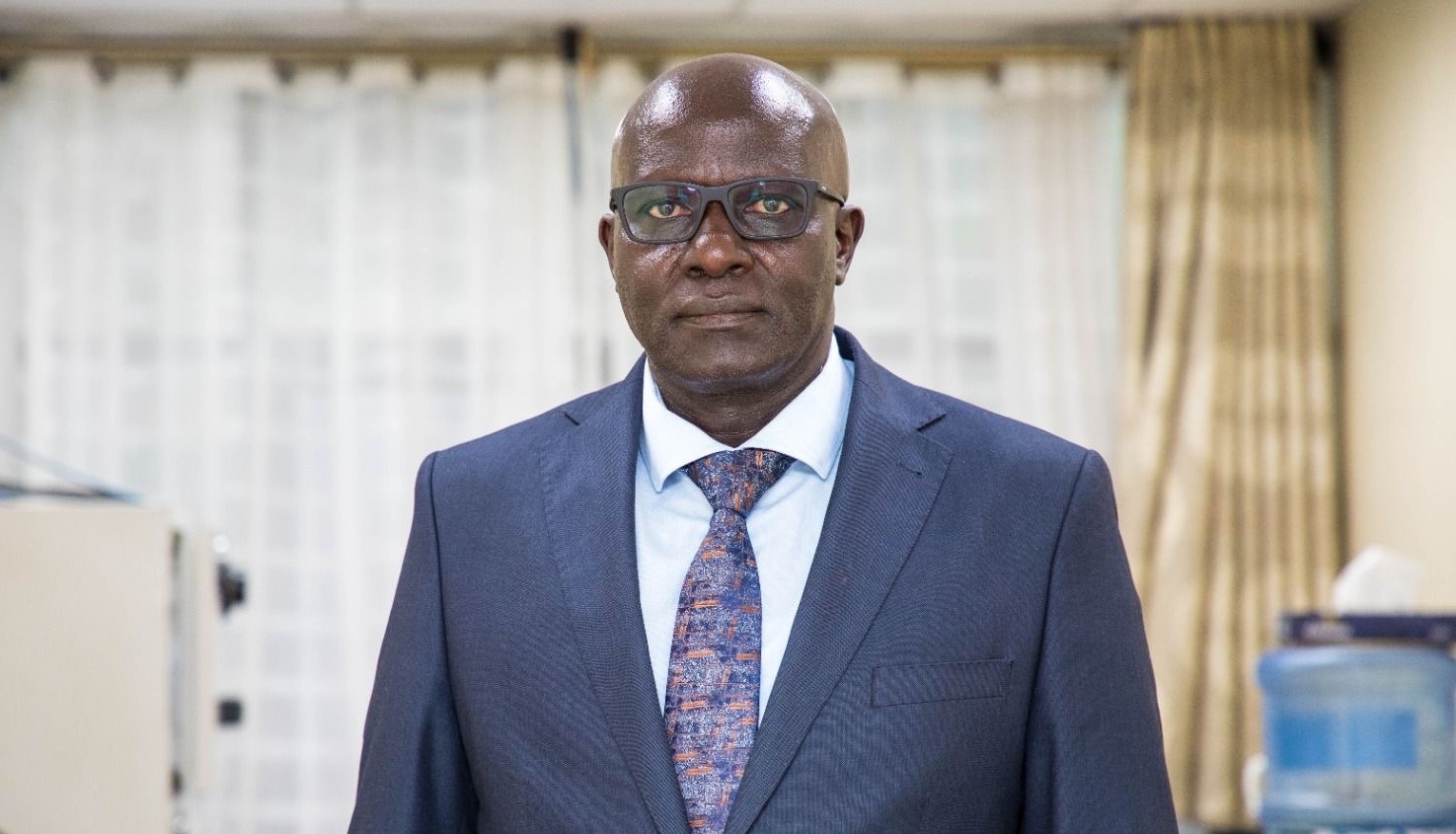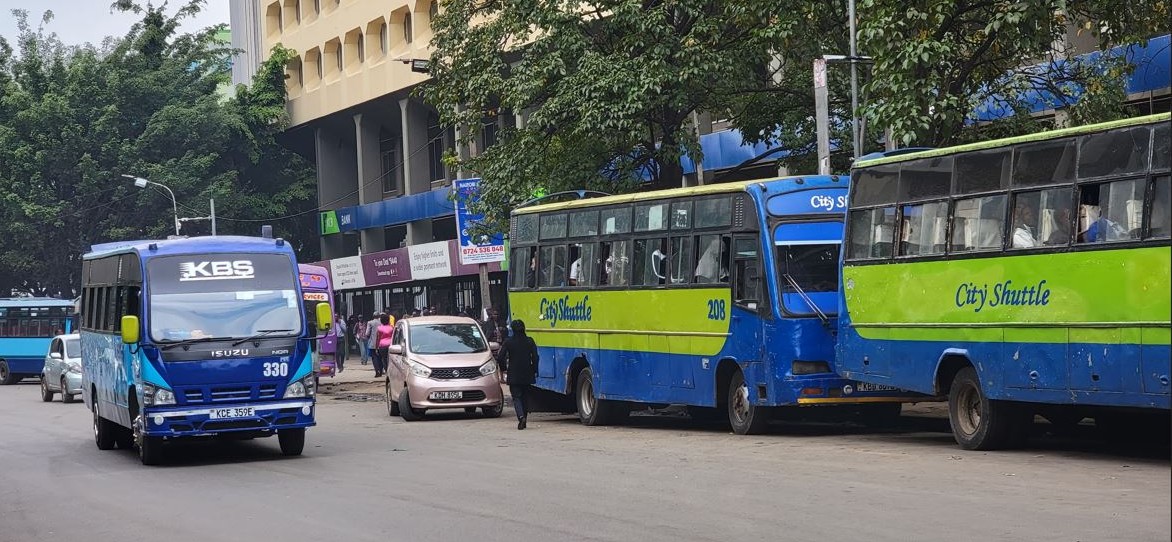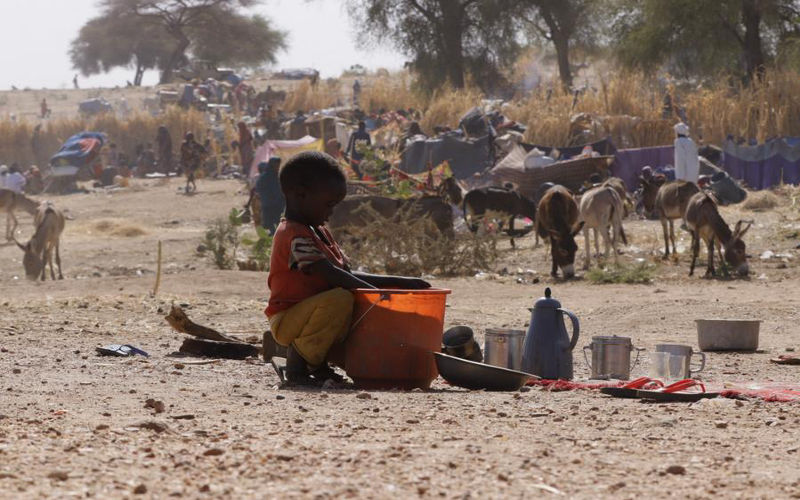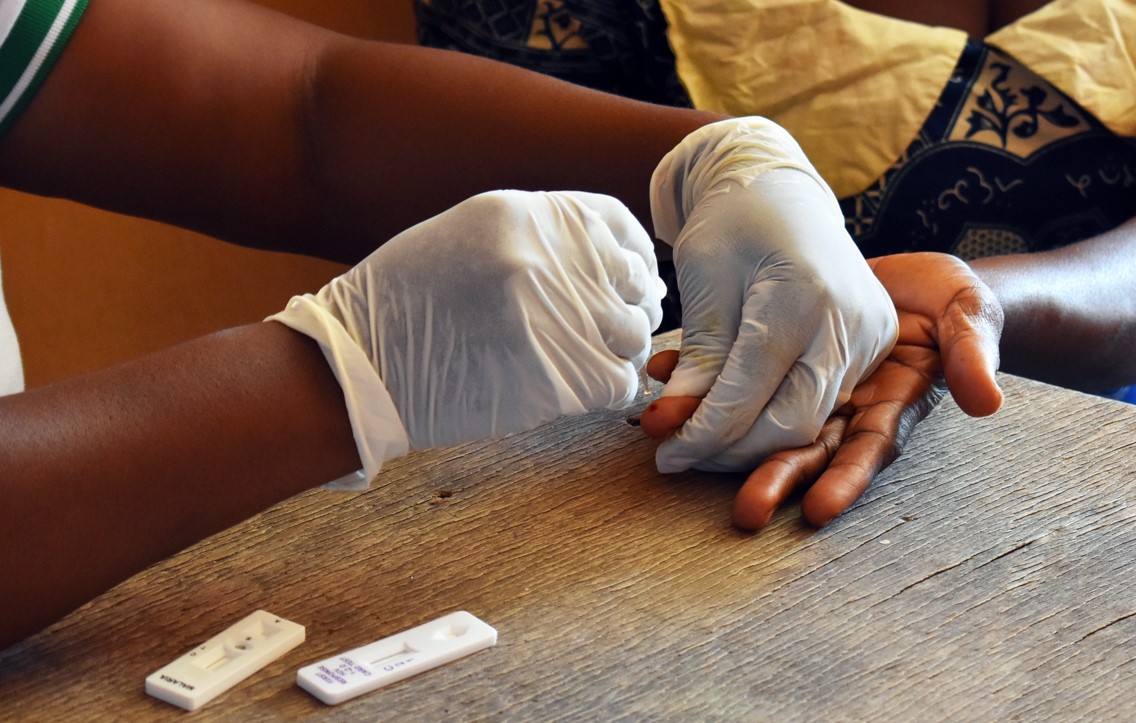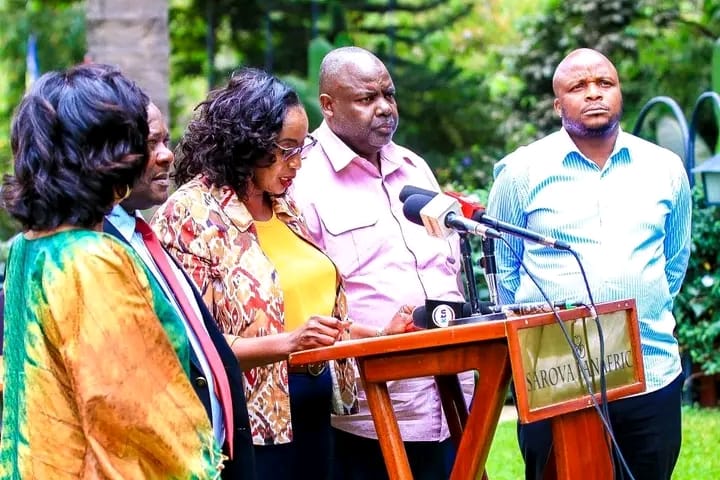State House drains Sh3.6 billion in 42 days, raising alarm over reckless spending
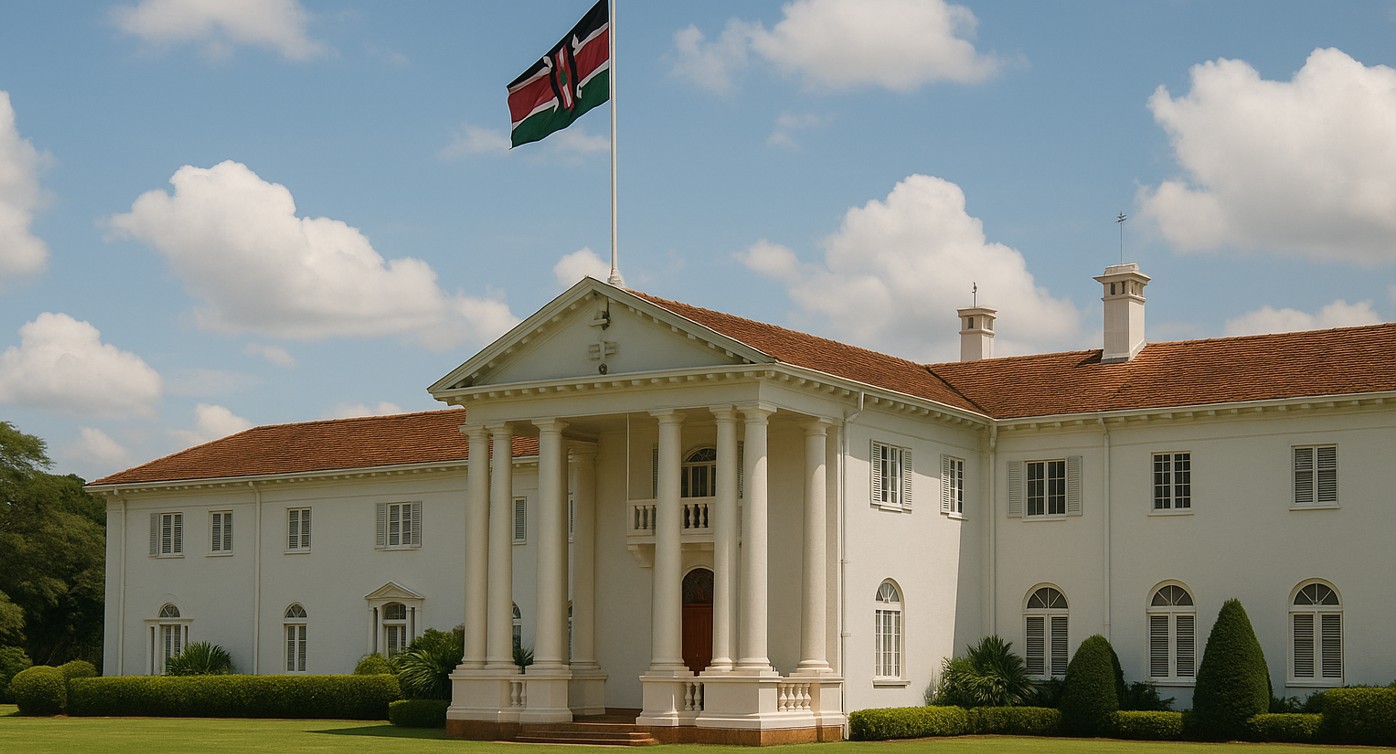
The report shows the Treasury made three approvals totalling Sh3.6 billion to cover domestic travel, hospitality supplies, fuel, and vehicle maintenance at State House. Of this, CoB Margaret Nyakang’o authorised only Sh2.3 billion in seven tranches.
A report by the Controller of Budget (CoB) has flagged State House for withdrawing Sh3.6 billion in just 42 days for travel, hospitality, and vehicle maintenance, raising concerns over fiscal discipline despite pledges to cut excessive spending.
According to the report, the Treasury released the funds between May 14 and June 24, 2025—just six days before the end of the financial year—under Article 223 of the Constitution, which allows the government to spend on unforeseen emergencies not included in Parliament-approved budgets.
More To Read
- Penalties on pending bills surge by Sh3.7 billion, hitting Sh25.28 billion
- Counties given until Friday to submit pending bills clearance plans, CoB warns
- Controller of Budget warns of funding delays as counties miss budget deadlines
- Kenya's oversight bodies crippled by underfunding, government disregard, report reveals
- Report recommends granting punitive powers to Auditor-General and Controller of Budget
- CBK admits it lacks authority to shut illegal county bank accounts
The report shows the Treasury made three approvals totalling Sh3.6 billion to cover domestic travel, hospitality supplies, fuel, and vehicle maintenance at State House. Of this, CoB Margaret Nyakang’o authorised only Sh2.3 billion in seven tranches.
On May 14, Treasury CS John Mbadi approved Sh1.5 billion for State House to cover shortfalls in travel, hospitality, fuel, and vehicle maintenance. Subsequent CoB approvals included Sh358.16 million on May 15, Sh263.46 million on May 21, Sh626.5 million on May 27, and Sh250 million on May 28.
The Treasury later approved Sh850 million on June 13 for the same purposes, out of which CoB authorised Sh738 million in three tranches between June 17 and June 24. However, a Sh1.25 billion withdrawal approved on May 15 was not submitted to the CoB for approval.
Not approved by CoB
CoB Margaret Nyakang’o noted that Sh17.4 billion spent during the financial year was not approved by her office, contrary to legal requirements.
“During the financial year, the Controller of Budget authorised withdrawal of Sh66.54 billion under Article 223 of the Constitution compared to Sh83.96 billion approved by the CS, National Treasury. The difference of Sh17.42 billion constitutes approvals granted by the CS, but not requisitioned for approval of withdrawal by the CoB,” she said.
The National Assembly later approved all additional funding under Article 223 in the third supplementary budget in June.
Among the unapproved withdrawals were Sh200 million by the State Department of Forestry for tree planting, Sh1 billion by the National Police Service for security, Sh500 million by the State Department for Internal Security & National Administration, and Sh450 million by the State Department for Roads for upgrading projects, including Gor Mahia Ring Road and Agolomuok-Otati-Kogore Road in Homa Bay Town.
Other emergency spending included Sh1 billion for the State Department for Internal Security & National Administration to support security operations, local presidential functions, and national celebrations. CoB approved these disbursements in three tranches of Sh300 million on May 21, Sh250 million on June 9, and Sh250 million on June 17.
The National Intelligence Service (NIS) was allowed to withdraw Sh2 billion for security operations between May 28 and June 24, with an additional Sh1 billion approved by the Treasury on June 15 without CoB approval.
The State Department for Sports received Sh1.68 billion in early April to host the African Nations Championship (CHAN) 2024. The State Department for Social Protection, Pensions & Senior Citizens Affairs withdrew Sh12.47 billion for the Inua Jamii cash transfer programme between April 10 and June 23. The State Department for Higher Education and Research paid Sh1 billion to Mount Kenya University on June 10 for pending bills for government-sponsored students.
Office of the President
The report also highlighted high operational costs at the State House, Nairobi. The Executive Office of the President spent an average of Sh2 million per day on printing services, totalling Sh817 million for the year. These services included printing policy documents, executive orders, directives, press statements, media forums, and invitations for State House engagements.
Nyakang’o further revealed that the State House spent Sh1.9 billion on general administration, Sh765 million on leadership and coordination, and Sh1 billion on government advisory services.
The advisory costs covered a wide range of functions, including Sh62 million for Kenya–South Sudan relations, Sh46 million for the Power of Mercy programme, Sh450 million on counter-terrorism initiatives, Sh97 million on economic and social affairs, Sh150 million on strategic policy, and Sh251 million for oversight of public entities.
20 advisors
President Ruto’s office now has 20 advisors under the Kenya Kwanza administration.
State House, Nairobi, has spent Sh399 million on refurbishing the House on the Hill, with 66 per cent of works completed and full completion expected in 2027. Total spending since construction began has reached Sh1.17 billion.
The overspending comes even as the government announced spending cuts following the withdrawal of the 2024 Finance Bill, which had proposed over Sh345 billion in new taxes after violent protests. The reductions targeted travel, allowances, and taxpayer-funded motoring in an effort to rein in the fiscal deficit.
Nyakang’o has urged public officials to prioritise essential services during budgeting rather than seeking emergency funding for items that can be planned for in advance.
“Scrutiny of the approvals revealed several instances where additional funding was needed to support existing government programmes, which should have been anticipated during the budget formulation. Reliance on Article 223 to implement existing government programmes or initiatives breaches paragraph 40(4) of the PFM (National Government) Regulations, 2015 and suggests potential lapses in the budget formulation process and/or weaknesses in the budgeting cycle,” she said.
The National Government Budget Implementation Review Report for 2024–2025 highlights that, despite promises to reduce wasteful spending, the government continued high expenditures on emergency allocations, operational costs, and advisory services even as public scrutiny of fiscal discipline increased following the Finance Bill withdrawal.
Top Stories Today
